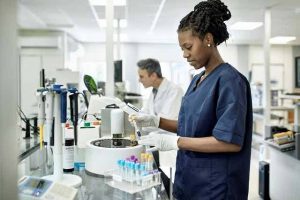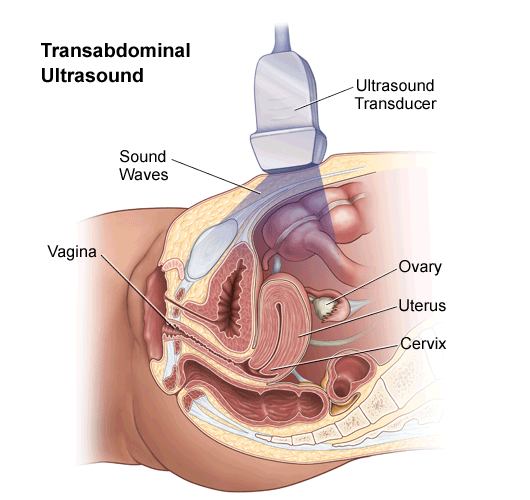Can a microbiologist open a laboratory in Nigeria?
Microbiology is the study of microscopic organisms, such as bacteria, viruses, achaea, fungi and protozoa. This discipline includes fundamental research on the biochemistry, physiology, cell biology, ecology, evolution and clinical aspects of micro organisms including the host’s response to these agents. A graduate of Microbiology has an averagely wide array of career and job opportunities to pick from as their area of work is very specific. It is also good course to study if one is interested in detail and research. There are also a lot of benefits attached to studying Microbiology in Nigeria.
A laboratory is a room or building equipped for scientific experiments, research, and teaching or for the manufacture of drugs, chemicals or both.
There are several types of laboratories with different functions, some of which are;
👉Analytical and Quality laboratories
👉Bio-safety laboratories
👉Clinical and Medical laboratories
👉Diagnostic laboratories
👉Incubator laboratories
👉Production laboratories
👉Research and Development laboratories
Microbiology is a laboratory oriented field. Almost all of the operations carried out are carried out in the laboratory. It is also a research based field and research in this case must be carried out in a laboratory. Research areas under microbiology include; Food Microbiology, Bacteriology, Microbial Ecology, Evolutionary and Genomic Microbiology, Antimicrobial resistance, Biotechnology and Synthetic Biology, and Virology. Microbiologists can work in the laboratories of Hospitals, Clinics, FCMG’s, Oil companies and Research Institutions.

A Microbiologist can open a laboratory based on the type of the laboratory. Out of the several types of laboratories listed above a Microbiologist can only open a few while they are not allowed to open others by law. For example, a Diagnostic or clinical laboratory is a lab where medical practitioners (Medical Lab Scientists) work to provide diagnostic services that provide medical professionals with information for proper diagnosis. Such laboratory tests involve fluid samples such as Urine and Blood, body scans, cell samples and much more.
By law a Microbiologist cannot open such a lab as it is the sole responsibility of a Medical Laboratory Scientist or a pathologist as that is their specialty but Microbiologists work in such laboratories as analysts or assistants to the Medical Laboratory Scientist. Microbiologists are not allowed to open a diagnostic lab for any form of clinical investigation.
However a Microbiologist can open a Research lab, a Development lab or Test lab. Research labs carry out basic and applied research work in areas such as Tumor biology and microRNA research as well as Clinical laboratory methods. Generally, it is advised for you to take legal advice as a professional on your area of work and the limitations involving the use, storage and disposal of chemicals and organisms (if you are going to make use of these). Licensing is required in most cases and countries to carry out such activities and requirements have to be met to be issued such licenses.
Olayinka Shyllon
Image Credit: the Conversation
























